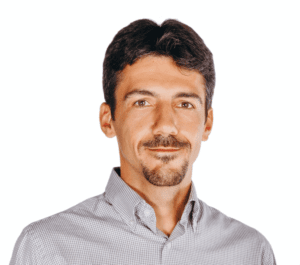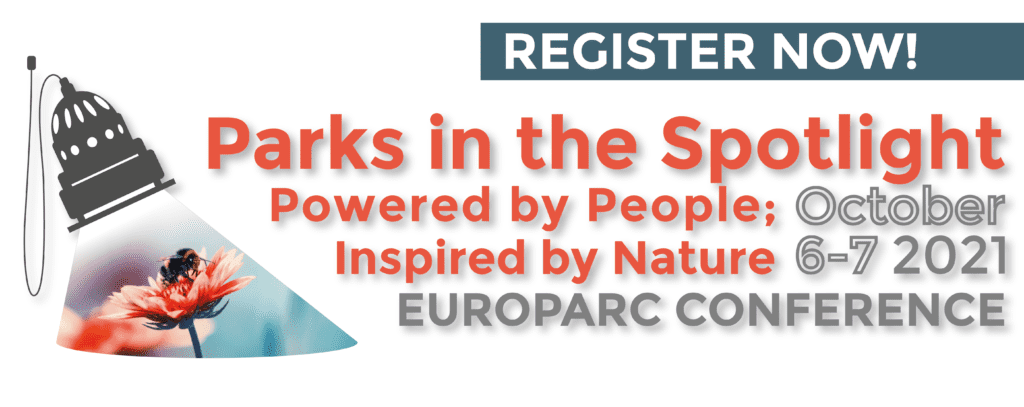Nature-based Solutions at the forefront- IUCN World Conservation Congress
The world changes one discussion at a time, one meeting at a time, one congress at a time. In this article, you can find a recap of the IUCN World Conservation Congress.
This year’s IUCN World Conservation Congress postponed from 2020 to 2021 due to Corona, took place in the form of a hybrid event in Marseille (FR) and online. It was the first such type of big event in the nature conservation sector.
This major event focused on three themes, biodiversity conservation plan, nature-based solutions for a global post-Covid19 recovery, and the need for financial investment in nature. Paving the way for further discussions at the UN Climate Change (COP 26) in the UK in November 2021, and shaping negotiations for the global biodiversity framework to be adopted at the UN Biodiversity Conference (COP 15) in China in April 2022. It had a number of high-profile speakers, like Emmanuel Macron, Harrison Ford, and Frans Timmermans.
Nature-based Solutions at the forefront
A fast array of issues were discussed, and during the Congress a total of 148 resolutions and commitments were adopted and published in the Marseille Manifesto.
An update of the IUCN Red List for threatened species was also announced, which saw a slight recovery of some tuna fish species, but also an increasing danger for other marine animals like shark and rays species. The situation for the Komodo dragon also continues to worsen as a result of climate change.
Indeed, the decline in biodiversity, the climate crisis, and human health are inextricably interconnected. This is why it is so important to invest in Nature-based Solutions (NBS) and include everyone in the process: indigenous people, young people, governments, civil society, businesses, and experts, a notion that was underlined during the entirety of the Congress:
Biodiversity is a multidimensional problem.
said Razan Al Mubarak. Razan is the first Arab woman to be elected President of IUCN during the Members Assembly. Some other “personnel changes” include the appointment of Dr. Madhu Rao as new Chair of the World Commission on Protected Areas (WCPA), with a European representative for the Commission appointed in due course.
EUROPARC would like to take this opportunity to thank the past IUCN World Commission on Protected Areas (WCPA) Regional Vice-Chair Europe Andrej Sovinc, for his sterling work, and immense efforts to promote and strengthen Protected Areas both within and outside of the IUCN.
Participation of EUROPARC’s Council

EUROPARC Vice President Michael Hošek
From EUROPARC, our Council Member Pete Rawcliffe was involved as a panellist in the session “Nature is Good Medicine” highlighting the importance of NBS to care for both people and the environment. EUROPARC vice-president Michael Hošek was also present at the event, he reported on the main highlights concerning European Protected Areas.
These included:
- The approval of the IUCN 4-year plan for Europe, which reflects the activities foreseen in the European region and its influence on the rest of the world. The program highlights the need for strong partnerships, covering and consensus building among stakeholders and working across sectors to pursue the sustainable use of land and its restoration, the integration of nature in cities, a reshaping of our economy and future healthy oceans, and tackling climate change.
EUROPARC will look closely at how this may intersect with our own strategy.
- The approval of Motion 130 “Strengthening sustainable tourism’s role in biodiversity conservation and community resilience”, which was co-sponsored by EUROPARC (find out more from Anna Spenceley’s Chair of the IUCN WCPA Tourism and Protected Areas Specialist Group post here).
- The approval of Motion A “Including subnational and local governments to IUCN’s membership”. This opens more workspace with periurban areas and regional or local nature parks, which have become increasingly essential tools for local communities’ involvement, greening urban areas, and climate change adaptation.
- The voting for a temporary suspension of deep seabed mining. Specifically, the Netherlands government was requested to better protect the Wadden Sea area from fossil fuel mining practices. The area is classified as a UNESCO World Heritage Site. You can find more info here.
Our vice-president noted that: “Despite the technological challenges, the congress showed a way forward, i.e., how to be more environmentally friendly while still participating, travelling is not always needed. Let’s use it as an inspiration for the future when making our travel strategies greener while not limiting our ability to be visible, active, and influential.”
The event closed with a clear plea to governments for a post-Covid recovery focused on Nature-based Solutions.
The outcomes of this global event are a good start for the run for the change that our planet desperately needs.
More information about the IUCN World Conservation Congress
EUROPARC Conference 2021
Protected Areas are at the forefront of NBS, if you want to learn how to make the most of them join the EUROPARC Conference 2021. You can register REGISTER HERE.
